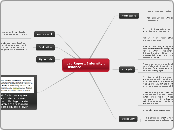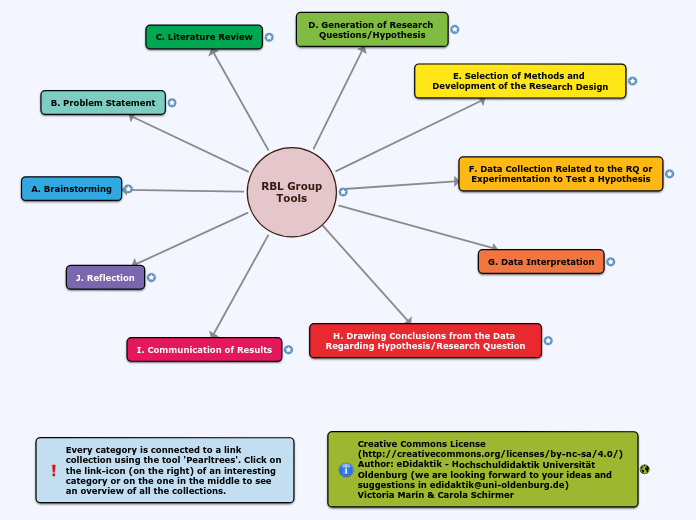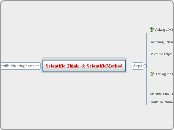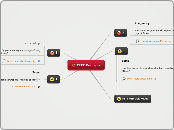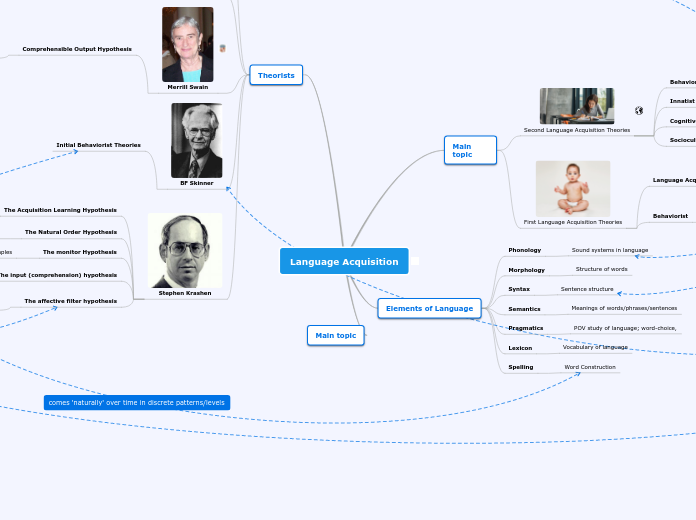av John Rodgers för 12 årar sedan
743
Lab Report: Intensity v Distance
The lab report investigates the relationship between light intensity and distance, emphasizing the importance of transforming the independent variable to straighten the curve for proper analysis.
